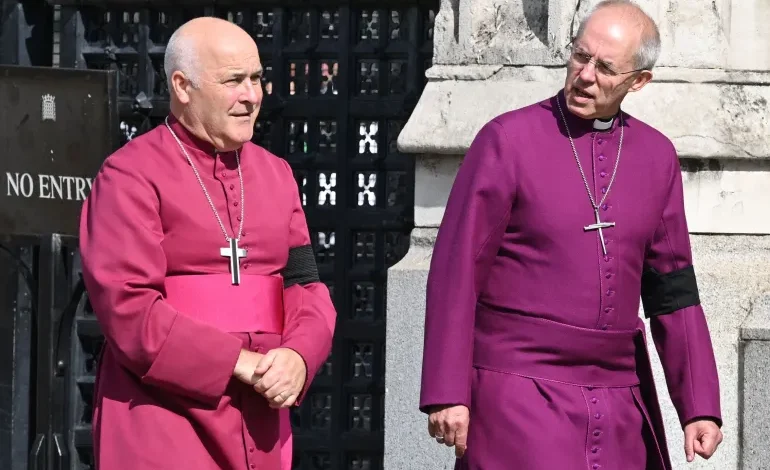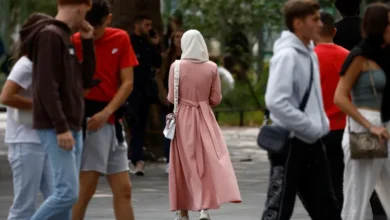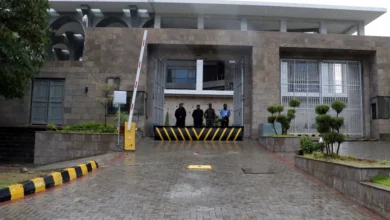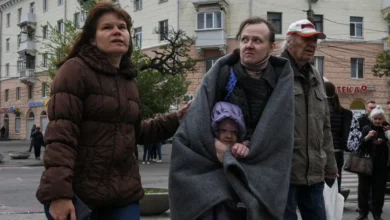Enough with buck-passing, child abuse in the church is systemic
Julie Bindel

In November, Archbishop of Canterbury Justin Welby announced his resignation as the leader of the Church of England after an independent review into the crimes of John Smyth exposed his persistent failure to take the necessary steps to bring the prolific child abuser to justice. He will officially step down in early January.
The independent Makin review found that Smyth, a barrister involved in Christian ministry, abused as many as 130 boys and young men at Christian summer camps in Africa and England over four decades. Smyth, who the review found had subjected his victims to traumatic physical, sexual, psychological and spiritual attacks, died in 2018 at the age of 75, without facing full accountability.
The abuse suffered at the hands of John Smyth was “prolific and abhorrent”, the inquiry found. “Words cannot adequately describe the horror of what transpired.”
The testimonies of the victims who took part in the inquiry make heartbreaking reading. Many say they waited for over four decades to disclose the abuse because they feared that they would be blamed or disbelieved.
The barrister’s horrific abuse of boys involved in Christian camps was first identified in the 1980s, the review found, but the Church of England failed to take appropriate action and practically allowed him to continue his abuse, both in England and Africa.
Archbishop Welby volunteered at some of the holiday camps in which Smyth abused boys in the 1970s but denied he had any knowledge of concerns about the barrister at the time. The Makin review concludes that this is “unlikely”. Welby may not have known the full extent of the abuse, the authors conceded, but he knew it had happened.
Archbishop Welby says he was first informed of Smyth’s crimes in 2013, but accepts that he somehow failed to officially file a report with the police. The review found that had Welby reported the abuse to the authorities at that time, “on the balance of probabilities”, Smyth would have been brought to justice “at a much earlier point”. This would have saved Smyth’s victims some 10 years of added agony, gave them more time to hold him accountable for his crimes before his death, and showed that the church and its leaders actually care about victims of clergy abuse.
In his resignation statement, Welby said he “must take personal and institutional responsibility for the long and retraumatising period between 2013 and 2024”.
Yet Welby’s resignation did not come easy – he had to be forced out of the role under immense pressure. Just as he failed to take action to bring Smyth to justice, Welby also failed to take responsibility for his role in shielding an abuser from accountability.










